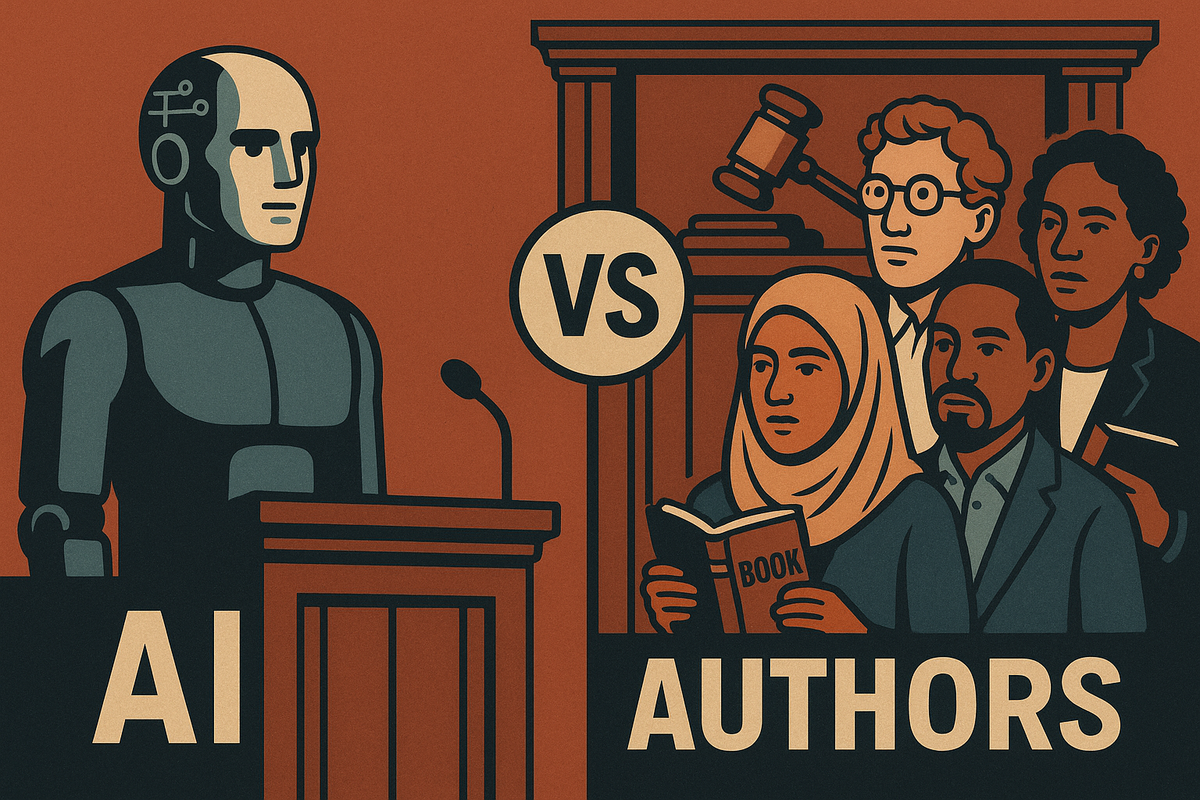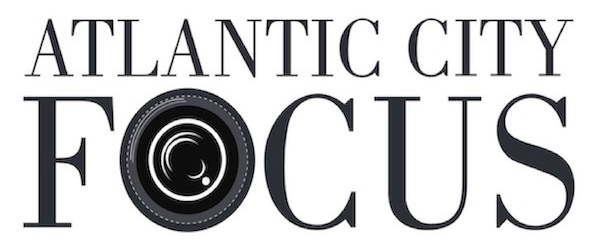AI, Intellectual Theft, and the Long Shadow of Exploitation
A group of authors and publishers whose works were copied have filed a class action lawsuit and are scheduled to go to trial on December 1, 2025, to determine damages.

Artificial intelligence is once again forcing society to confront an old wound: the theft of intellectual property. In Bartz v. Anthropic, a federal court ruled that Anthropic’s practice of downloading millions of pirated books from sites like Library Genesis and Pirate Library Mirror to build its “central library” was not fair use. The court certified a class of authors and publishers whose works were copied and scheduled a trial for December 1, 2025, to determine damages. At the same time, the court found that using lawfully purchased books—digitized and used for AI training—did qualify as transformative fair use.
Sign Up for Atlantic City Focus Weekend Guide
Your Key to Winning the Weekend in AC and Beyond!
No spam. Unsubscribe anytime.
Anthropic is a U.S. artificial intelligence (AI) research and safety company known for creating the Claude family of AI assistants. It was founded in 2021 by former leaders and researchers from OpenAI, better known as Chatgpt, who left over disagreements about AI safety and direction. The company is structured as a public benefit corporation, legally requiring it to prioritize societal impact alongside profits.
Court records show Anthropic kept these pirated books in its central database permanently.
The Authors Guild explained in a recent notice:
“The court found that Anthropic had illegally copied millions of books from the notorious ebook pirate websites Library Genesis and Pirate Library Mirror for use in training their AI. The court also certified a class of all rightsholders whose books were downloaded from those sites by Anthropic and set a trial date of December 1.”
A Familiar Pattern for Black Communities
For Black communities, this story is familiar. Knowledge and creativity have long been taken without credit.
Enslaved Africans brought agricultural expertise that powered entire industries, yet their contributions were erased. Black musicians created genres that shaped global culture, only to watch others profit more from them. Across continents, Black communities have experienced the intellectual appropriation of traditional knowledge—through pharmaceutical extraction, patents, and academic exploitation. Scientists used Henrietta Lacks’ cells without consent, while her family received nothing.
Each example follows a recurring pattern: Black creativity fuels industries, but recognition and wealth flow elsewhere.
AI is repeating the cycle. Pirated works are being used to power billion-dollar companies. Court records confirm Anthropic kept these stolen books “forever” in its database. Removing them weakened the company’s models, showing how dependent AI has become on unpaid labor.
Why AI Raises the Stakes
AI companies are now absorbing entire libraries of culture, voices, and stories. If Black authors’ work is consumed without credit, it risks being erased in a new, automated way. Worse, this is happening at a time when many Black writers already struggle to break into publishing.
The danger is not only financial—it’s about visibility. AI could be trained on Black voices while simultaneously making those voices harder to identify or celebrate.
What Comes Next
The December trial will be a landmark. Courts must decide whether tech companies can continue to build billion-dollar systems on stolen labor. For Black authors and communities, the fight is about more than royalties. It is about ensuring that this new wave of technology does not deepen the old wound of erasure.
As the Authors Guild reminded writers, the outcome will depend on whether creators step forward:
“To ensure that all authors whose books were pirated by Anthropic are contacted and can receive their portion of the award or choose to opt out of the case, the Authors Guild has been coordinating with the class action lawyers to help obtain mailing and email addresses for authors who are potential class members.”
The choice is before us. AI can be built on justice, honoring the creators whose words shape the models. Or it can become another tool of extraction. Black communities, who know this history better than anyone, have a chance to demand the first path.
The outcome of the December trial will help decide whether this exploitation continues unchecked.
Thanks for reading the whole story!
At Atlantic City Focus, we're committed to providing a platform where the diverse voices of our community can be heard, respected, and celebrated. As an independent online news platform, we rely on a unique mix of affordable advertising and the support of readers like you to continue delivering quality, community journalism that matters. Please support the businesses and organizations that support us by clicking on their ads. By making a tax deductible donation today, you become a catalyst for change helping to amplify the authentic voices that might otherwise go unheard. And every contribution is greatly appreciated. Join us in making a difference—one uplifting story at a time!





